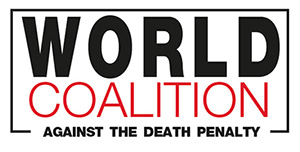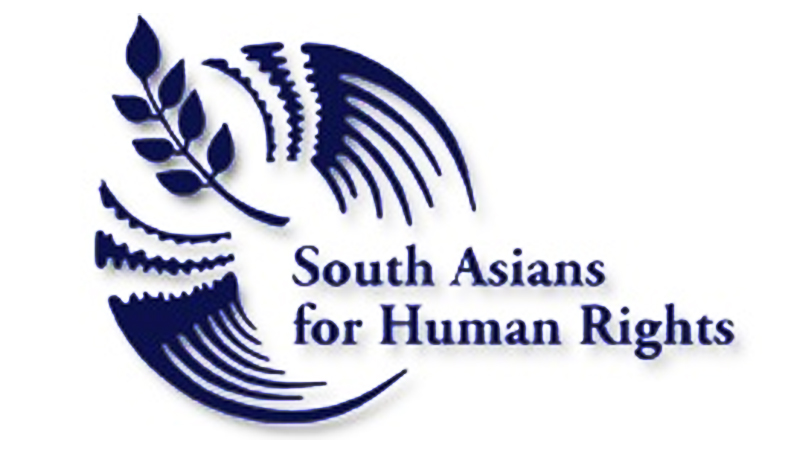HRCP issue interim statement on situation in Karachi
Lahore, August 1: The Human Rights Commission of Pakistan (HRCP) has completed a fact-finding mission in Karachi (July 29-31, 2011) to ascertain the causes of the current wave of violence in the country’s largest metropolis in which heavy losses in life and property have already been caused.
The fact-finding mission issued an interim statement on the situation in the city on Monday. In view of the importance of the task, the mission was headed by the HRCP chairperson and included the commission’s vice-chairpersons for Balochistan, Khyber Pakhtunkhwa and Sindh and senior members of the governing body. The members of the mission held detailed discussions with representatives of political parties, lawyers, media persons, police officials, businessmen, teachers and intellectuals, hospital and medico-legal authorities and development experts. They also visited some of the worst affected areas, such as Katti Pahari, interviewed a number of affected families, and held a public hearing open to all citizens.
The interim statement said: “The HRCP fact-finding mission thanks all those who gave their time for meeting with its teams.
Despite its best efforts the mission could not meet more than a few officials. We regret that the chief minister had no time for the HRCP mission and are constrained to point out that the insensitivity of political authorities and their denial of access to civil society organisations, however insignificant they may be, are amongst the major causes of the collapse of administration in Karachi.
The testimonies gathered by the mission are being compiled and analysed. This process may take some time before the commission can present its findings before the people. By way of interim observation, HRCP would like to state:
- Karachi is in the grip of a multi-sided wave of insecurity-driven political, ethnic and sectarian polarization that has greatly undermined its tradition of tolerance and good-neighbourliness.
- While gangs of land-grabbers and mafias have tried to exploit the breakdown of law and order, they do not appear to be the main directors of the horrible game of death and destruction; that distinction belongs to more powerful political groups and it is they who hold the key to peace.
- Nearly all political parties agree that it is necessary for all to respect each other’s position and legitimate interests and desist from attempts to capture political heights through violence
- Its seems the problems inherent in Karachi’s urban growth and its expansion as an industrial and commercial mega city have not been tackled imaginatively or even properly appreciated. The problems of employment, housing, transport, education, health, supply of water, electricity and gas need to be sorted out with the help of civil society’s pool of talent and knowledge.
- Practically everybody the HRCP mission talked to called for de-weaponisation of Karachi and offered to join efforts in this direction. There is no reason why an all-party campaign to recover weapons, including the licensed ones, should not be launched.
- HRCP acknowledges the fact that various elements and factors have contributed to weakening of the state’s capacity to keep order, yet the ultimate responsibility for the present situation and for meeting it lies with the state.
- The complaints against law-enforcing agencies received by the HRCP mission range from dereliction of duty, abandonment of post, and long delays in responding to distress calls to downright collusion with criminals. Unless these shortcomings are removed the people of Karachi can have little hope of peace and security.
- A few of the people interviewed expressed complete disappointment with democratic governance and looked up to extra-constitutional forces for deliverance. HRCP cannot approve of this tiny minority’s penchant for jumping out of the frying pan into fire.”
Zohra Yusuf
Chairperson
Category: English






